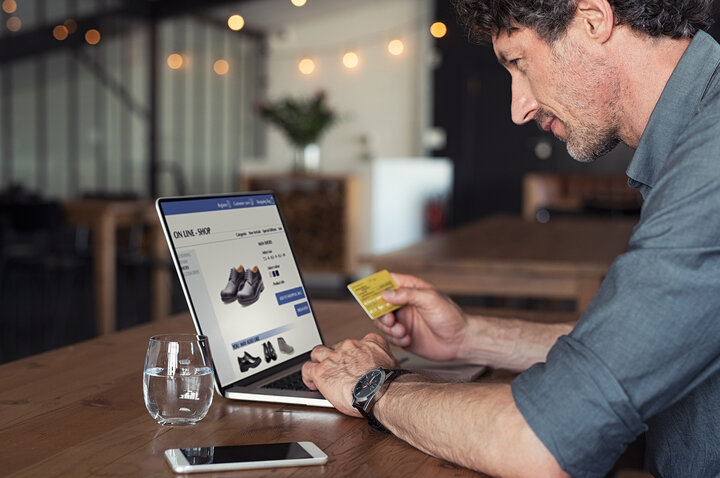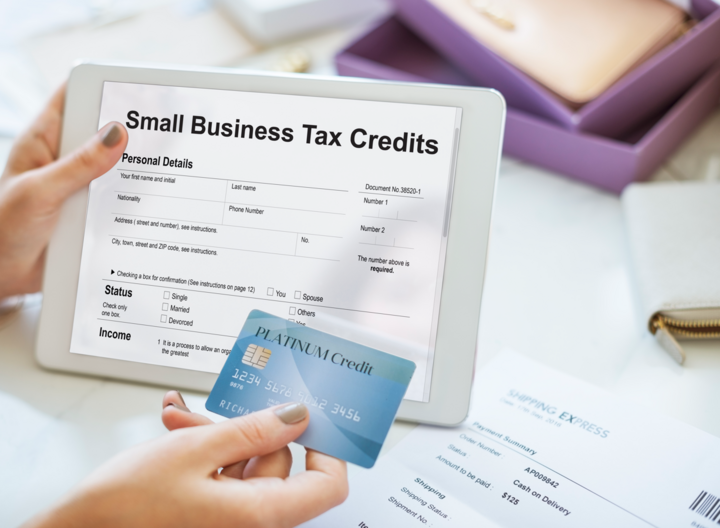Online shopping has become an essential part of life for most of us.
However, with increased convenience of online shopping comes increased risks – your credit and debit card information may be stolen by hackers who could use those details to make unauthorized transactions - or they may sell them on the dark web.
To avoid being a victim of cyber-crime, here are nine things you must keep in mind while making online payments through a website.
1. Make sure you are buying from SSL/TLS secured sites
These sites can be identified by a padlock symbol or an “https” that they have next to their address, indicating that they rely on SSL/TLS encryption to protect consumer data.
That said, SL/TLS certificates can be of various types and should not be the only thing you take into consideration to gauge the safety of the website.
2. Check whether the site makes use of reputable payment gateways
PayPal and Authorize.net are examples of safe and well-known payment gateways.
Gateways handle your card information in a way that is not stored with or accessed by the merchant.
The details stay with the hosted payment gateway so that there is minimal risk of the information being stolen or misused.
3. Avoid making payments directly from your online checking or savings account
If for some reason your account information is stolen, your entire checking balance may be at risk.
To protect yourself, first transfer money to your PayPal account and then use that money to make payments - or simply sign up for a pre-paid debit card, and use that for online shopping.
4. Use credit cards instead of debit cards as much as possible
The money you spend using a credit card is essentially a loan, so if someone uses your credit card for a fraudulent transaction, you can get your card company to forgive that debt; and the card company will be responsible for getting that money back, not you.
However, fraudulent transactions made through a debit card means the money comes directly out of your account, so it can cause a greater number of complications over which you have less control.
5. Don’t send sensitive information over public Wi-Fi
Public Wi-Fi is accessible to the public at large and can be easily hacked - which may result in compromising your sensitive personal information.
A better approach is to use your phone carrier’s cellular network if you are away from your home or office Wi-Fi.
6. Create strong passwords
Try and ensure that your passwords are difficult to guess – they should not consist of your name, birth date, or other such details.
Include letters, numbers and other characters, such as punctuation symbols.
Make sure that you have different passwords for different accounts – whether they are for banking, email, or social media, and update them quarterly or semi-annually.
In case one of your passwords gets stolen, the precaution of different passwords will prevent your other accounts from being at risk.
7. Download only trustworthy apps on your phone
Since a large number of eCommerce transactions are conducted via a mobile phone, whenever you download an app on your phone (even if it is a not a payment-related app), make sure it is from a trusted and reliable vendor.
A reliable vendor should have positive reviews from users and will have been downloaded by a large number of people.
Some apps are loaded with malware – when you download them, they steal sensitive information and deliver it to criminals.
So by conducting the aforementioned checks, you’ll be able to protect yourself from this type of danger to a large extent.
Finally, whenever you download an app, it may ask for permission to access certain parts of your phone.
Only grant permission if the request is related and appropriate – for example, a photo app may want access to your camera or social media accounts, but it should never ask to access your banking apps.
8. Use built-in security features on your phone
Most of us have credit card details stored on our phones, but what if the device is lost or stolen? To avoid losing sensitive information to unscrupulous individuals, make sure you enable the lock feature.
This means you will have to provide a unique password to gain access to your phone - perhaps a series of letters, numbers and characters, facial recognition, iris scan, or even a fingerprint impression.
Additionally, you can use the security features provided by the device – for example, you can visit associated websites to locate a lost or stolen cell phone (such as android.com/devicemanager if you use an android phone).
You can also remotely wipe authorized user’s data, render the smartphone inoperable to an unauthorized user, and prevent reactivation without the authorized user’s consent.
9. Check your credit card statements carefully
Each month, go through your credit card statements carefully to detect unauthorized charges, if any.
The sooner you can catch fraudulent transactions and report them to relevant authorities, the safer you will be.
$50,000 - $250,000 at 0% Interest
At Fund&Grow, we help clients with good credit obtain as much as $250,000 of unsecured credit at 0% interest.
This amount is available for a period of 6, 12 or 18 months, and can be used for anything from financing a small business to providing a down payment on a property.
We will guide you every step of the way.
So, what are you waiting for? Call us at (800) 996-0270 to get started.
Popular Posts
Instantly Pre-Qualify
Want Actionable Information, Tools and Resources To Quickly Acquire Business Capital, Credit and Funding?
I take tremendous pride in building positive and lasting relationships in my businesses and personal life. Every member of my team is committed to helping our clients get the maximum amount of funding possible and achieve their highest growth potential.



 Share
Share









